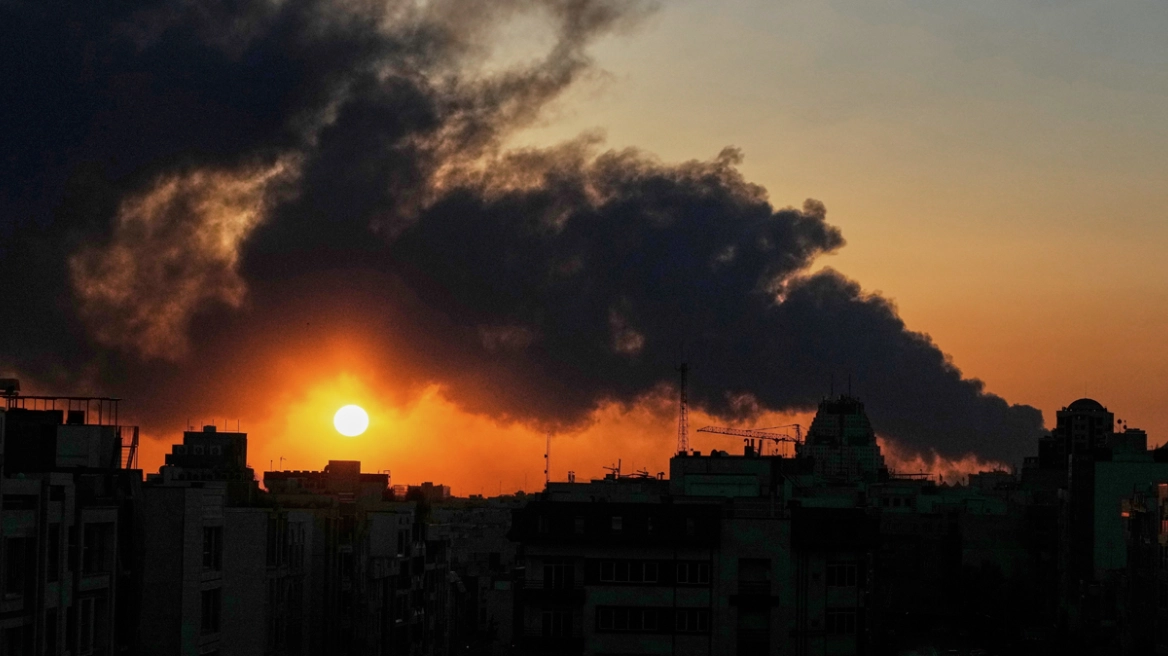Experts in Athens, Greece, say people should follow in the footsteps of Winston Churchill and Margaret Thatcher by taking siestas.
“Our study shows that not only is midday sleep associated with lower blood pressure, but longer sleeps are even more beneficial. Midday sleepers had greater dips in blood pressure while sleeping at night, which is associated with better health outcomes.”
A new study found that Greek and Spanish siestas, a dying tradition, are associated with lower blood pressure and the need for fewer antihypertensive medications. “Although (British Poet) William Blake affirms that it is better to think in the morning, act at noon, eat in the evening and sleep at night, noon sleep seems to have beneficial effects,” says Dr. Manolis Kallistratos of the Asklepion Voula General hospital in Athens, Greece.
Dr. Kallistratos study is based on research conducted on 386 middle-aged patients (200 men, 186 women) to find out whether the midday nap could be beneficial
The average age of the study group was 61.4 years and they all had arterial hypertension. The team studied their midday sleep patterns and measured their diastolic and systolic blood pressure while at work while also assessing their 24-hour ambulatory blood pressure. Other factors taken into account were Body Mass Index (BMI), age, gender, smoking habits, diet, exercise and caffeine intake.
There were dramatic differences in arterial measures between siesta-takers and those who passed up on the midday nap with siesta takers’ average pulse wave velocity 11% lower than others and the siesta-takers left atrium diameter 5% smaller on average.
The findings presented the European Society of Cardiology conference in London revealed how a daily snooze of an hour or more also cuts the need for blood pressure medications.
Ask me anything
Explore related questions





